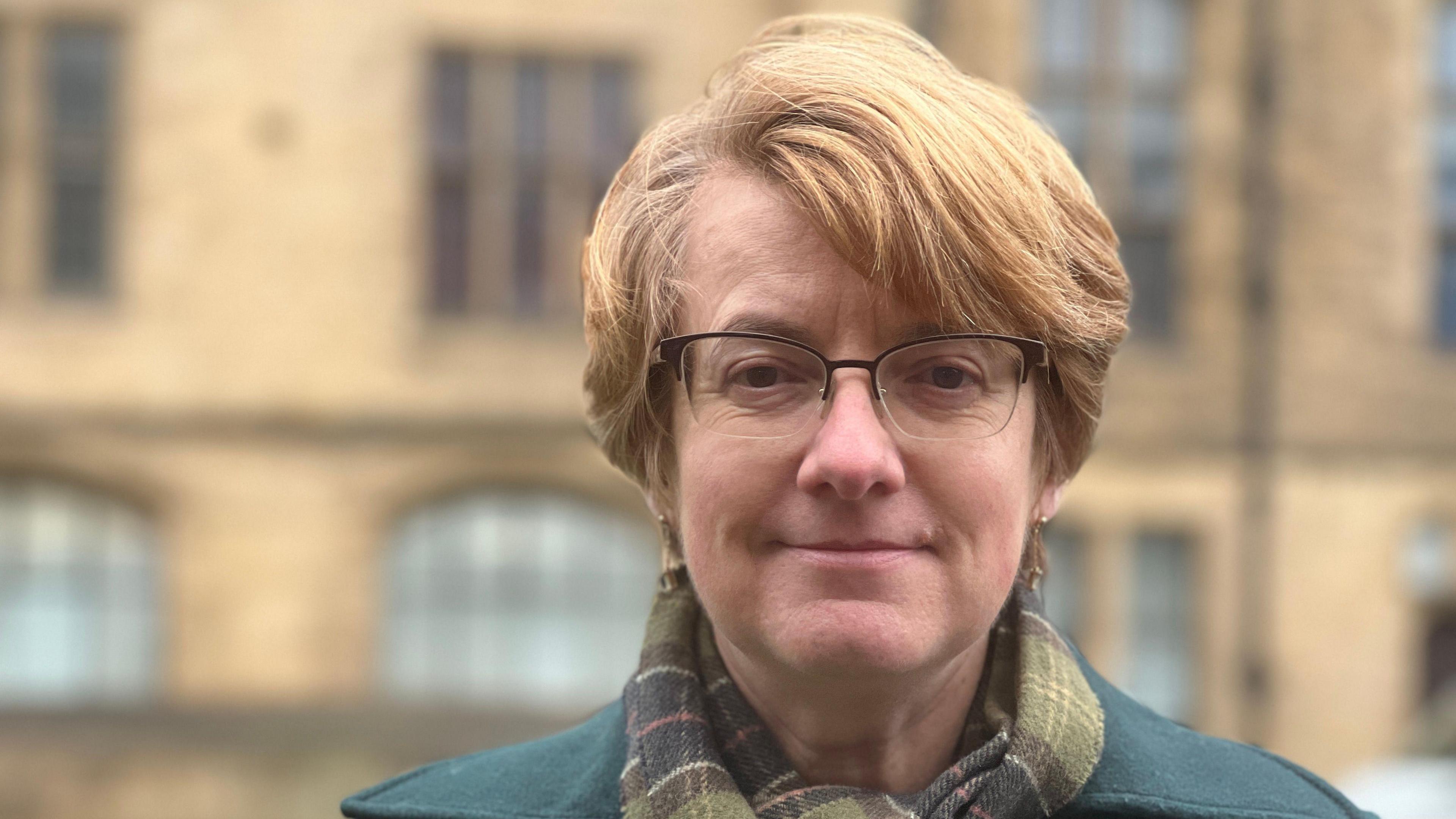Rise in cost of council balancing books revealed
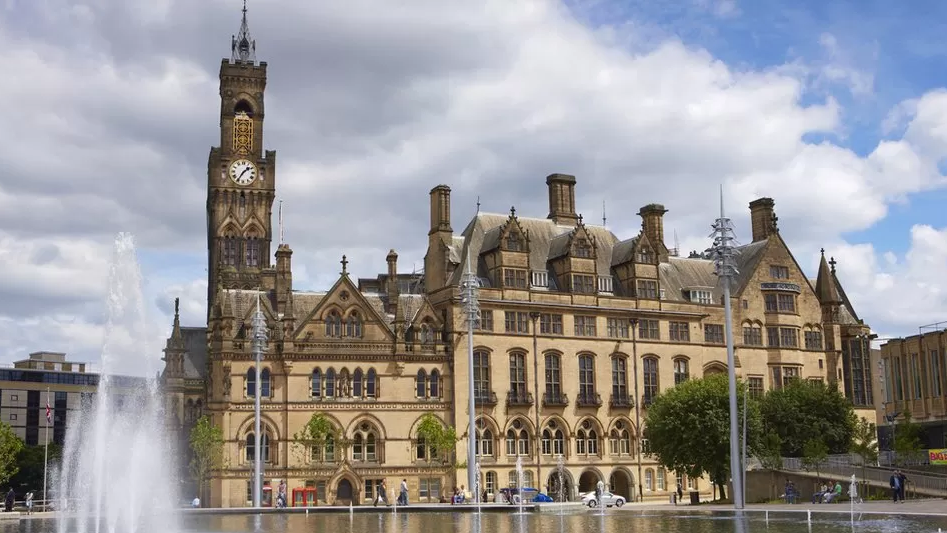
Bradford Council has been granted "exceptional financial support" by government due to the state of its finances
- Published
A plan designed to help a council stave off bankruptcy could end up costing the authority much more than was forecast just months ago, councillors have heard.
Earlier this year, Bradford Council was granted permission by the government to borrow cash in a bid to balance its books – something not usually permitted - and was allowed to use money from asset sales to support existing services.
But, at a meeting this week, councillors heard estimates for how much this support would be worth had recently risen to £525m by 2028.
An opposition councillor said that amount was "gargantuan", but the council's Labour leader blamed the "astonishing" state of public finances left by the previous government.
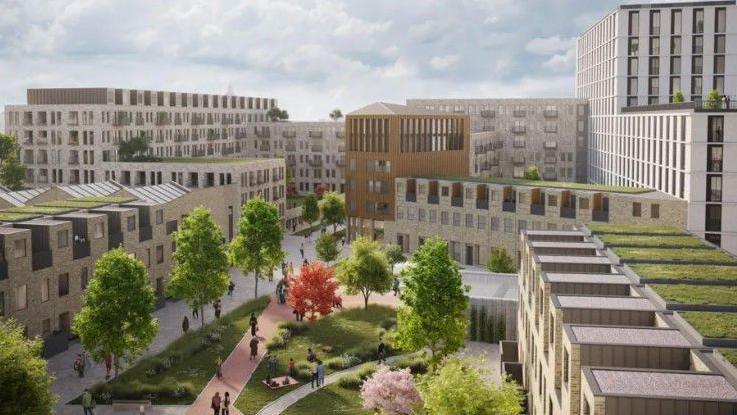
Plans for a "City Village" in Bradford are still going ahead with external funding
On Tuesday, the council's executive heard a report which revealed the estimated "exceptional financial support" which was granted by government allowing the council to borrow more now stood at £126m for the 2025-26 financial year - up from an estimated £88m in March.
By the end of the 2027-28 financial year, the total figure would have risen to £525m – up from the £399.5m estimated in March, the report stated.
The council would also have to make about £100m from the sale of surplus publicly owned assets such as unused buildings and land, while initially that figure had been £66m, according to the Local Democracy Reporting Service.
Councillor Mike Pollard, finance spokesman for the main opposition Conservative group, said the new estimate was "gargantuan" and accused council bosses of failing to bring the authority's budget under control over several years.
He also advised the ruling Labour group to consider its recent focus on regeneration schemes for Bradford as “an indulgence of the past” if the council wanted to stave off bankruptcy in the future.
Mr Pollard said the financial problems faced by the authority made recent council budgets "look like works of creative fiction".
Referring to the fact the council was still moving ahead with regeneration schemes like the City Village residential development, he added: “I don’t think the executive have smelt the coffee.”
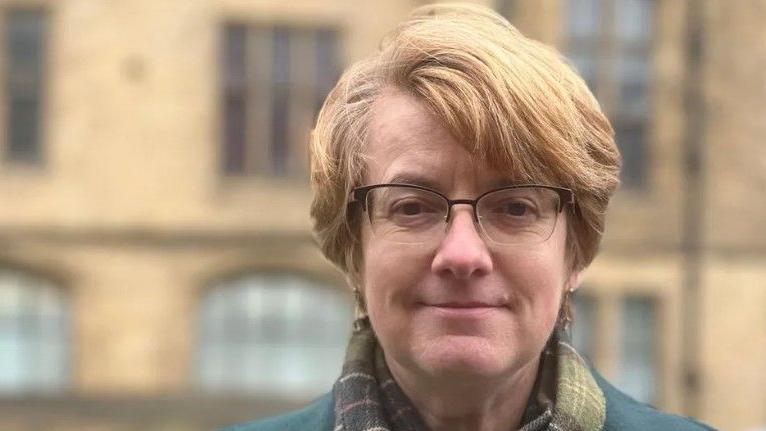
Bradford Council leader Susan Hinchcliffe said the previous goverment had left a "black hole" in public finances
However, Labour council leader Susan Hinchcliffe insisted the current financial situation - which had led to a raft of services being cut or closed since January - was down to austerity by the previous Conservative government.
She pointed out that government had been criticised for leaving a “black hole” in public finances.
"The people of this country decided 14 years of no growth was no way to run the country, let alone a city. The state of public finances left by the last government has been astonishing," Ms Hinchcliffe told the meeting.
Meanwhile, she said the City Village scheme was being carried out with funding from external bodies like Homes England, adding: “We can’t survive if we don’t do regeneration. It would be a race to the bottom creating more poverty.”
Steven Mair, Bradford Council's director of finance, told the meeting that the figures from March had been “early estimates” and said that such figures regularly changed.
Listen to highlights from West Yorkshire on BBC Sounds, catch up with the latest episode of Look North or tell us a story you think we should be covering here, external.
- Published8 March 2024
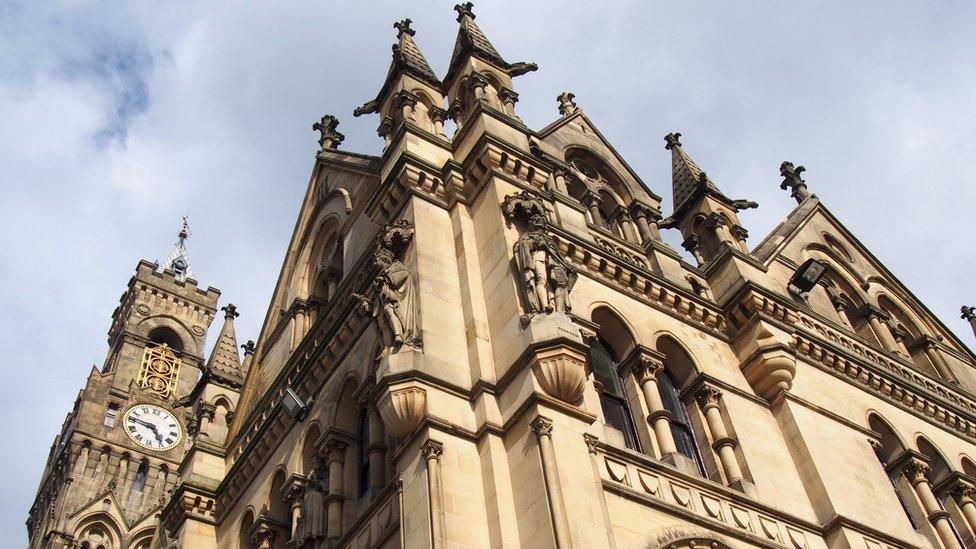
- Published29 February 2024
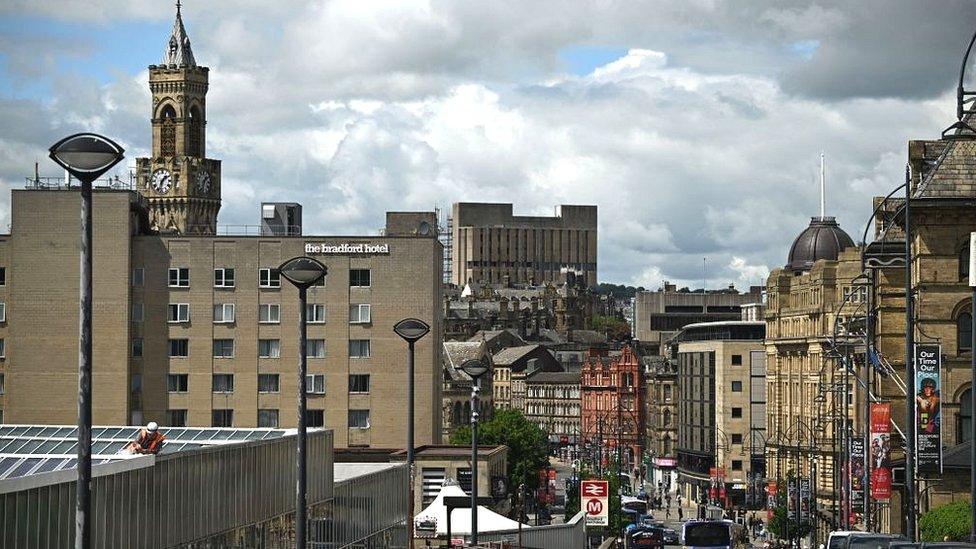
- Published23 May 2024
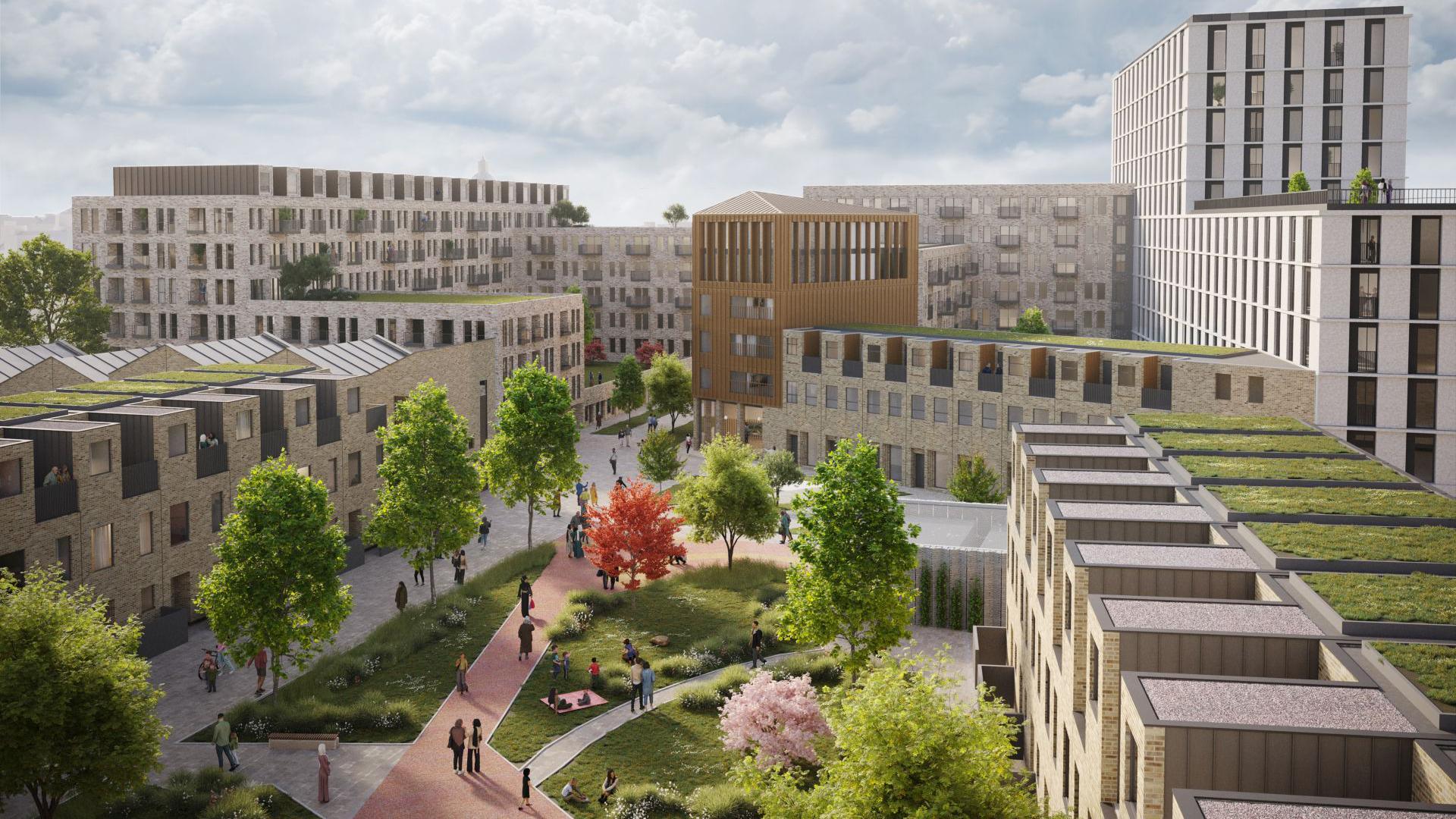
- Published21 December 2023
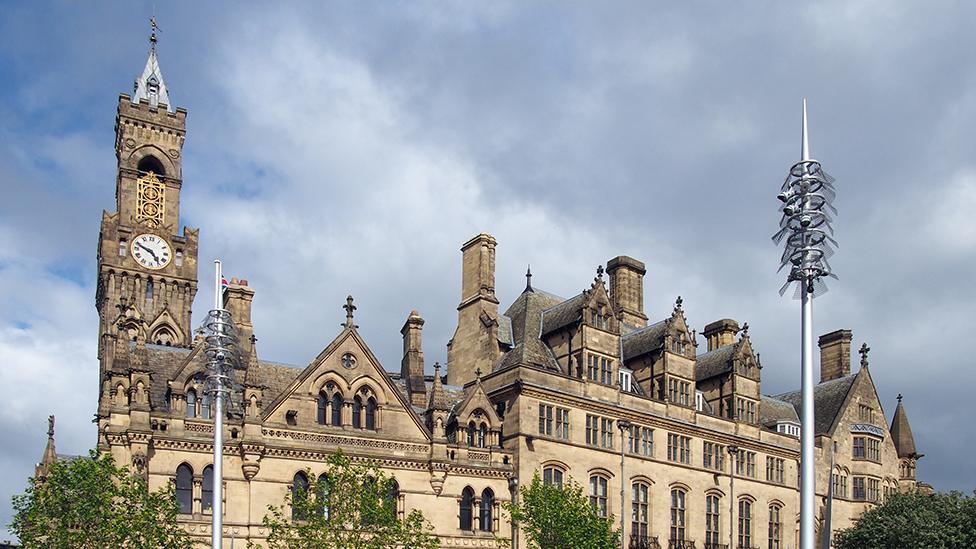
- Published30 January 2024
